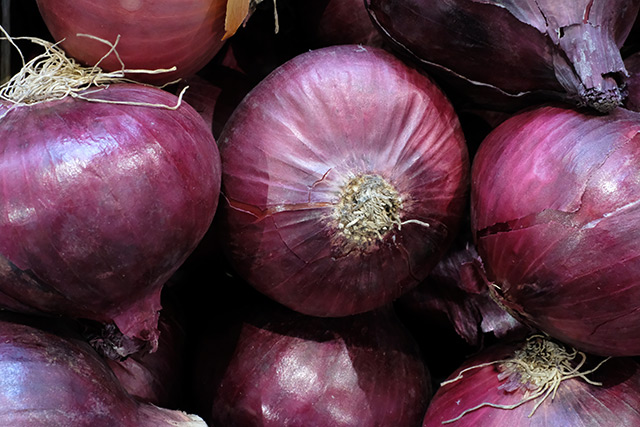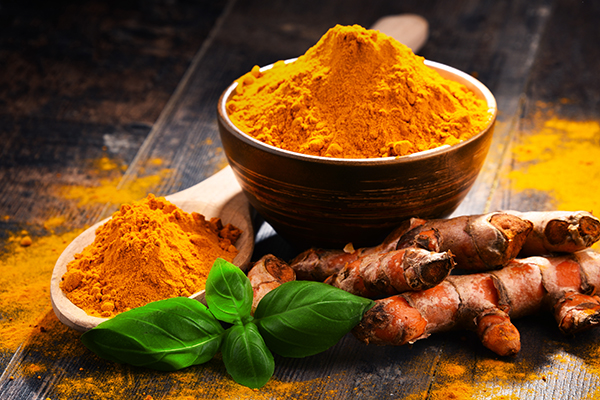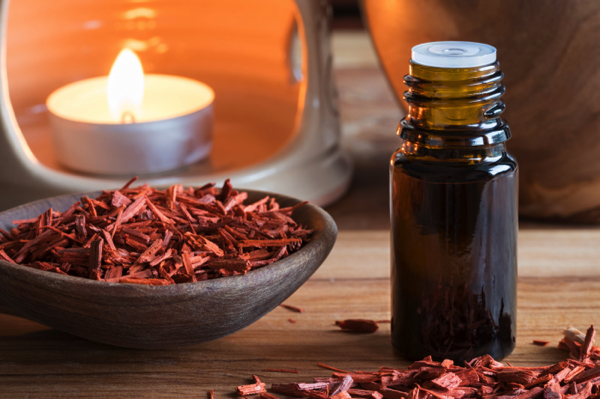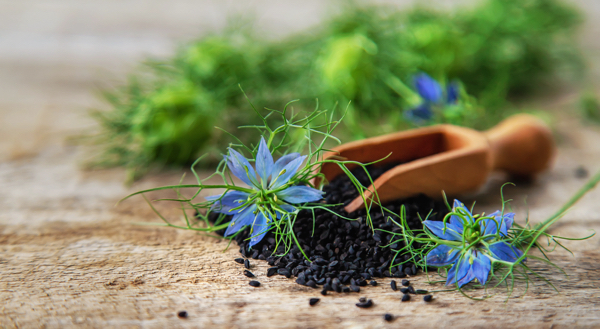Anise: The ancient spice with surprising health benefits you should know about
10/10/2024 / By Olivia Cook
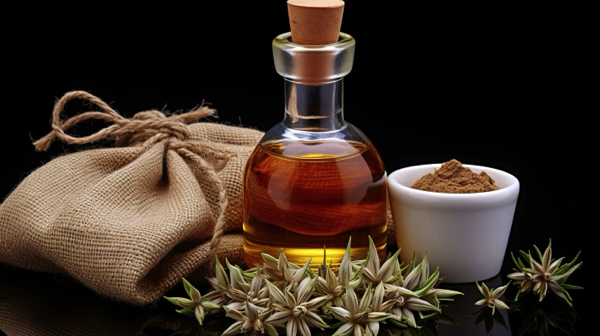
Anise (Pimpinella anisum L.) has been used for thousands of years to flavor food and treat health problems, including coughs and digestive issues. What makes anise so special is its unique flavor, which you may recognize from foods like herbal teas and licorice, and its powerful medicinal properties that modern science is beginning to record and understand.
With its warm, licorice-like flavor, anise has a long, rich history that began in the ancient world.
In ancient Egypt, anise was cherished not only as a cooking spice but also as a remedy for a variety of ailments. The Egyptians used anise to ease digestion, help with fluid retention and relieve toothaches.
The Greeks furthered the tradition, with well-known healers like Dioscorides and Hippocrates highlighting anise’s medical benefits. Dioscorides praised the herb for calming headaches, relieving digestive issues and even encouraging better sleep. Hippocrates, on the other hand, saw anise as a remedy for respiratory issues – helping clear congestion and soothing excessive sneezing and coughing.
The Romans embraced anise with equal enthusiasm. Pliny the Elder, a Roman naturalist, recorded many of the Greek uses of anise, including its effectiveness for easing digestive troubles and clearing the chest.
Medicinal properties and health benefits of anise
Anise is rich in nutrients and natural compounds that make it both flavorful and beneficial to health.
The seeds of anise have about nine to 12 percent moisture, 18 percent protein and varying amounts of fatty oils and fiber, along with a range of B-complex vitamins – thiamin (B1), riboflavin (B2), niacin (B3) and pyridoxine (B6) – which are crucial for energy, healthy cells and metabolism. Anise is also a good source of choline, a compound often grouped with B vitamins due to its similar health benefits, supporting brain health and cellular function. In addition to vitamins A and C, anise is rich in essential minerals like calcium, copper, iron, magnesium, manganese and zinc, which are vital for healthy bones, blood and overall cellular health.
Anise’s real magic lies in its unique blend of volatile (1.5 to 3.5 percent) and fixed oils (eight to 23 percent) in the seeds. These oils are packed with bioactive compounds like anethole, methyl chavicol and various terpenes. Anethole is the main component, making up 70 to 90 percent of anise’s essential oils, and is responsible for its distinctive flavor.
Anise eases digestive discomfort
Anise has carminative properties, which help to ease bloating, gas and indigestion. It works by relaxing the muscles in the digestive tract, which makes it easier for trapped air to pass – relieving discomfort.
Anise relieves coughs and clears respiratory tract
Persistent coughs and respiratory discomfort can be draining. Anise has been traditionally used for these symptoms and modern science shows it works as an expectorant. This means it helps to loosen mucus – making it easier to clear out of the respiratory system. The main compound responsible for this is (E)-anethole, which supports breathing by allowing trapped mucus to be expelled – soothing coughs and easing congestion. (Related: Herbs and honey: 7 Natural home remedies for a cough.)
Anise eases menstrual discomfort
Anise has long been used to relieve menstrual cramps and recent studies confirm its effectiveness. The phytoestrogens in anise, such as anethole, can help balance hormones, which is especially helpful for managing menstrual irregularities and pain.
Anise boosts breast milk production
In some cultures, anise is used to boost milk production for nursing mothers. This property, called “galactagogue,” is likely due to the phytoestrogen compounds in anise that mimic estrogen and support milk flow. While still under research in the West, anise shows promise as a natural way to support lactation.
Anise fights bacterial and fungal infections
Research has shown that the essential oils in anise have strong antibacterial and antifungal properties, which can help inhibit the growth of harmful bacteria and fungi. This makes anise a potential natural ally in fighting infections, especially for those looking for alternative treatments.
Discover more health benefits and uses of herbs at Herbs.news.
Watch this video to learn more about aniseed and star anise.
This video is from the Holistic Herbalist channel on Brighteon.com.
More related stories:
Prep with Mike: How to make shikmic extract at home using star anise and an espresso machine.
Anise is known for its gastrointestinal benefits and can relieve cramping caused by gas.
Anise can help protect you from harmful organisms.
Sources include:
Submit a correction >>
Tagged Under:
alternative medicine, ancient spice, anise, Bible herbs, herbal medicine, kitchen staple, natural cures, natural medicine, Naturopathy, Pimpinella anisum L., star anise
This article may contain statements that reflect the opinion of the author



